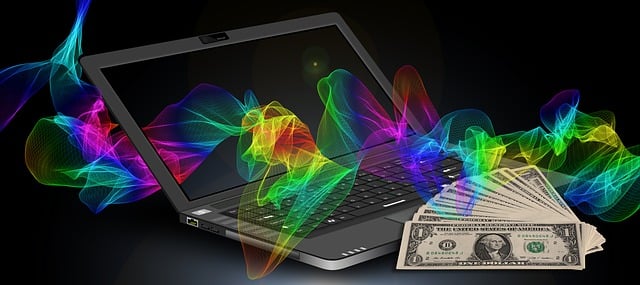In the context of streaming, an encoder is a software or hardware tool that is responsible for taking audio and video data and compressing it into a digital format that can be easily transmitted over the internet. This process is known as encoding, and it is a crucial step in the live streaming process.
The encoder takes the original audio and video data, which is usually in a high-quality format such as 1080p or 4K resolution, and compresses it into a smaller, more manageable file size that can be easily streamed to viewers. This compression is done using various algorithms and techniques such as H.264, HEVC, VP9, etc. The encoder also converts the video and audio into a format that is compatible with the streaming protocol being used (RTMP, HLS, DASH, etc.).
The compressed video and audio data that is produced by the encoder is then sent to a streaming server, which transmits the data to the viewer’s device. The viewer’s device, which is typically a computer, smartphone, or tablet, receives the compressed data and uses a decoder to decompress it back into its original high-quality format.
A decoder, in the context of streaming, is a software or hardware tool that is responsible for taking the compressed audio and video data that has been transmitted over the internet and decompressing it back into its original high-quality format. This process is known as decoding, and it is the counterpart to the encoding process done by the encoder.
The decoder is typically built into the streaming media player that the viewer is using to watch the live stream. The media player receives the compressed data and uses the decoder to decompress it back into the original format. This allows the viewer to watch and hear the live stream in the best possible quality.
It is worth mentioning that encoders and decoders can be hardware-based or software-based. Hardware-based encoders and decoders are typically more expensive but offer better performance and stability. Software-based encoders and decoders, on the other hand, are typically more affordable and easy to use, but they may not provide the same level of performance and stability as hardware-based solutions.
In conclusion, encoders and decoders play a vital role in the live streaming process. The encoder takes the original audio and video data and compresses it into a smaller, more manageable file size that can be easily streamed to viewers. The decoder then takes that stream and decompresses it back into the original format for the viewer to watch in the best possible quality. Without the use of encoders and decoders, live streaming would not be possible.




